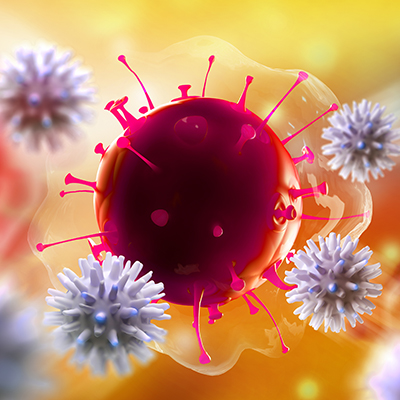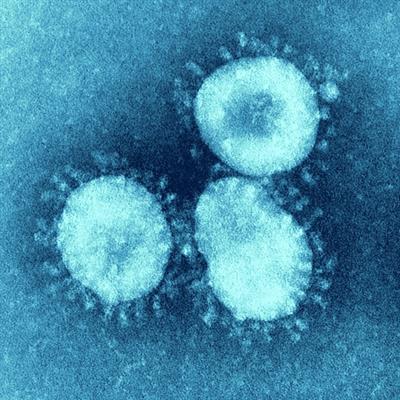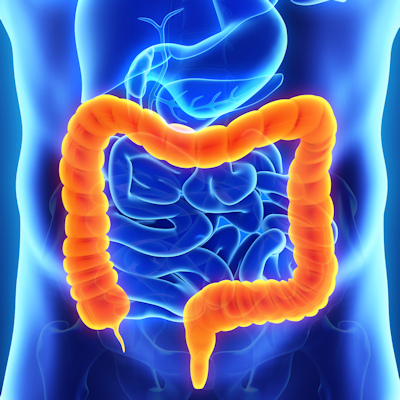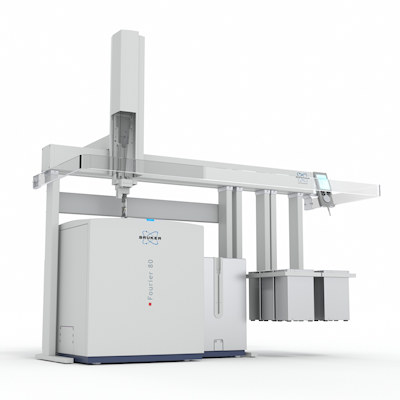October 4, 2022 -- Mount Sinai researchers have demonstrated the importance of reactive oxygen species in maintaining stem cell function and preventing inflammation during wound repair, providing greater insights into inflammatory bowel disease (IBD).
Their study, published October 3 in the journal Gut, provides insights into the prevention and treatment of IBD as loss-of-function mutations in genes generating reactive oxygen species are associated with the disease. The researchers conclude that future therapies should prioritize reactive oxygen species modulation.
Reactive oxygen species are highly reactive chemicals formed from oxygen that signal cellular dysfunction. The researchers studied the role of reactive oxygen species and NOX1, the protein used to produce these chemicals, by measuring the amount of reactive oxygen species and analyzing the single-cell gene expression profile of intestine barrier cells from mice and humans with ulcerative colitis, a subtype of IBD. Intestine barrier cells help digest food, absorb nutrients, and prevent gut bacteria invasion.
The researchers compared gene expression in both inflamed and uninflamed colon tissues. They found that a combination of NOX1, decreased reactive oxygen species, and the presence of TNF (an inflammation causing substance) led to an abnormal increase of the microfold cells crucial to regulating gut immune response.
The increased microfold cells drove increased immune cell response in mice. By treating intestine cells with reactive oxygen species, the team reversed the defect caused by losing reactive oxygen species during inflammation. The researchers encourage further studies, which they believe could include direct reactive oxygen species-stem cell modulation therapy to treat IBD patients.
"While it's clear that regulation of oxygen and reactive oxygen species plays a critical role in chronic diseases generally, and IBD in particular, this study provides a major advance in defining the key role of oxygen species in maintaining a healthy epithelial barrier for IBD," said senior author Dr. Judy Cho, Ward-Coleman Chair in Translational Genetics, and vice chair of pathology, molecular, and cell-based medicine at the Icahn School of Medicine at Mount Sinai.
Copyright © 2022 scienceboard.net










